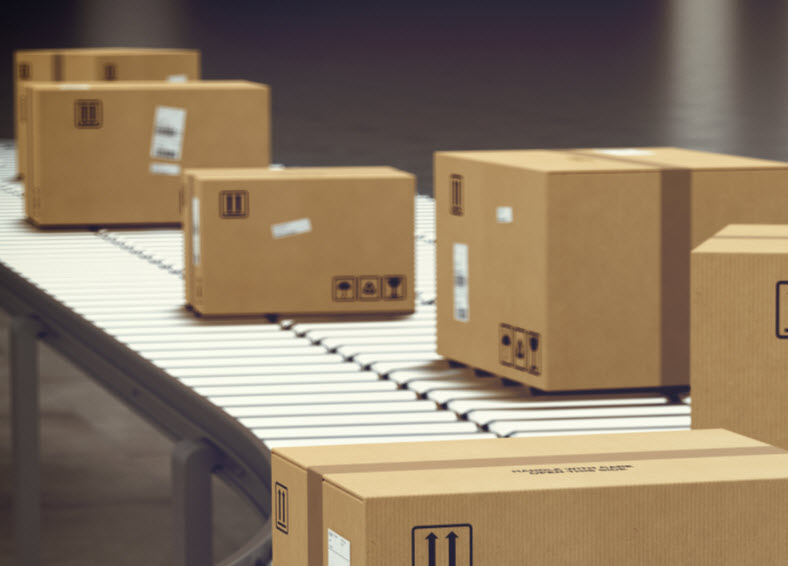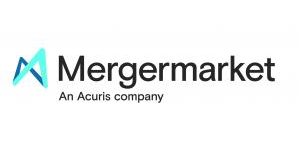More food deliveries and demand for masks and protective barriers have boosted the industry.
By Kasia Patel, Marlene Givant Star and Heather West with Mergermarket, an Acuris Company and partner of the M&A Leadership Council

Interest in packaging M&A is likely to bounce back as some suppliers have seen increased demand due to the global coronavirus pandemic, several industry sources have told Mergermarket. In particular, companies of all sizes have shown themselves to be nimble, pivoting to manufacture products in short supply for the healthcare and logistics sectors, they said.
Brent Cunningham, managing director and head of Packaging Investment Banking at Raymond James, said that "packaging businesses have held up quite well during this dislocation and in some cases they are seeing a meaningful surge in demand."
"This is a case study in why investors like the packaging space. Depending on the end market exposure, the sector is resilient and relatively safe," Cunningham added.
Over the last two years the packaging sector has seen increased investment from private equity firms, driving valuation multiples upwards.
One private equity source pointed to food and drink packaging as attractive segments, as products like healthy frozen food and frozen pizzas have seen a spike in demand.
According to Jonathan White, managing director at investment bank Mazzone and Associates, packaging for e-commerce, which was already seeing growth, is being accelerated by Covid-19. Simultaneously, he noted that sustainability as a packaging area of focus has been temporarily placed on the backburner – reflected by legislatures in California, New York and New Jersey suspending the enforcement of single-use plastic bans.
David Danelz, CEO of Duraco Specialty Tapes, an OpenGate Capital-backed tapes and adhesives manufacturer, said that April was one of the busier months in recent years.
In early March, Duraco expanded its presence in transit packaging with the acquisition of Infinity Tapes. The Covid-19 crisis has increased demand for Infinity’s adhesive products like bag sealing tape and liners for retail and online products, and tapes used for secure food delivery, Danelz said. The company is also seeing new demand for medical and pharmaceutical-related products, such as foam or fastening products for face shields and other personal protection equipment.
New products, new markets
Other packaging firms have pivoted to manufacturing to new products in high demand to help fight the spread of Covid-19.
One example is family-owned medical packaging supplier Prent Thermoforming based in Janesville, Wisconsin, which started manufacturing face shields and by early May had donated more than 50,000 to hospitals and local communities. The company said that it planned to launch a second version that would be available for purchase going forward.
Modern Plastics, a Connecticut-based subsidiary of North American Plastics of Texas, also has begun producing plastic face shields due to the shortage of N95 masks for healthcare workers. The company typically supplies sheet, rod, tube and film plastic materials. As of early April, it had received 1 million face shield orders, Bing Carbone, president, told Mergermarket.
In another example, Zago, a privately held Newark, New Jersey-based manufacturer, boosted production of large masks used by healthcare workers to care for Covid-19 patients, said CEO Gail Friedberg Rottenstrich. The company is also seeing unprecedented orders for its self-sealing fasteners, originally a military part but now used in ventilators.
Similarly, IRIS USA, the U.S. division of Japanese-based household products manufacturer IRIS Ohyama, announced plans in April to add face mask production to its 570,000-square-foot, 250-employee manufacturing plant in Pleasant Prairie, Wisconsin. Most of its U.S. business had been focused on plastic food storage bins, pet products such as litter boxes and pans and ready-to-assemble furniture.
For some companies this may be a temporary pivot, but White believes that Covid-19 will permanently change the way people live, creating sustained additional demand for certain products such as medical protection gear.
This will allow some packaging firms to expand in these new markets permanently. The higher perceived value of these new products to more highly regulated markets with higher margins could make them attractive targets for both financial sponsors and strategics, White said.
Deals may see a delay
The segment’s resistance to recession is likely to continue attracting private equity investment, White said. However, he added that while M&A activity and interest is beginning to pick up, it has not yet translated into new deals closing. This may take some time as buyers and lenders get comfortable in the uncertain market environment.
Based on early indications for April and May of this year, White estimates the number of completed deals dropped by between 60 to 80% compared with the same period in 2019.
According to OpenGate Capital managing director Matthias Gundlach, the current market downturn and uncertainty around Covid-19 will create M&A opportunities as some private companies will look to sell rather than face what he expects could be a three or four year market disruption. An influx of divestitures and corporate carve-outs is also anticipated as public companies focus on core businesses, he said.
With the decline in available debt financing, White said valuations are also expected to dip. In response, the packaging space is likely to see more transactions structured with earn outs, seller notes or other performance-driven compensation to mitigate the risk in a transaction, he added.
The good news, White said, is that deal volume in packaging and valuations are likely to bounce back relatively quickly as they did in the last downturn.
